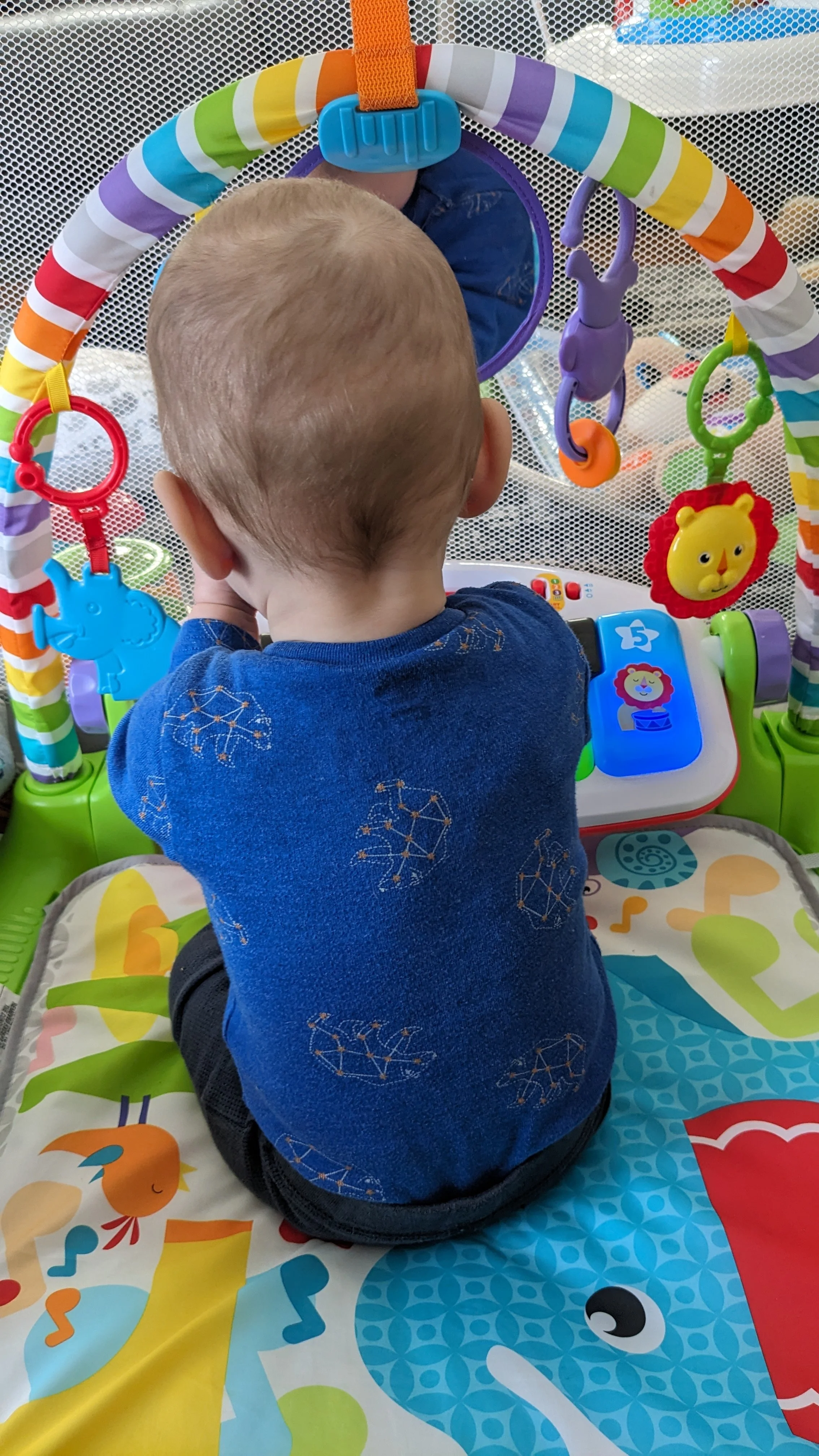Understanding Grief and Love After Miscarriage
Listening to Taylor Swift's song "Bigger Than the Whole Sky" reminded me of the complicated grief I still experience from losing a child. No matter how early in pregnancy or life the loss occurs, it remains an incredibly painful experience. I can't imagine anyone willingly choosing to end their child's life, as the grief and pain associated with it are indescribable.
Yet, it's a complex situation. If I hadn’t lost that child, I wouldn’t have my son today, whom I love dearly. How do you reconcile that? You can't choose one over the other, and you can't wish for the lost child without affecting the reality of the child you have now. It's normal to hold both feelings—grief for the loss and love for the child you have. These emotions are not mutually exclusive.
I'm profoundly grateful for my son, who just turned one. I can't imagine life without him; he’s a blessing and the best thing that's happened to me so far. If I have other children in the future, I’m sure I’ll feel the same way about them because each child is unique. The reality is that we wish we could have every child without experiencing loss, but that's not how life works.
Hearing the song's lyrics, “Goodbye, goodbye, goodbye. You were bigger than the whole sky. You were more than just a short time,” resonates deeply. It captures the essence of what could have been, reflecting the profound sorrow of miscarriage. Even if Taylor Swift never personally experienced miscarriage, the way the song expresses this sense of loss aligns with how it feels.
Whether someone makes the choice to end a pregnancy or faces loss in another way, the grief remains immense. It's a difficult decision, often filled with guilt and sorrow. Despite my pro-choice stance, I understand the emotional burden of such decisions and the pain involved, regardless of one's beliefs. Ultimately, losing a child is a deeply personal and enduring grief, evolving over time but never truly disappearing.

